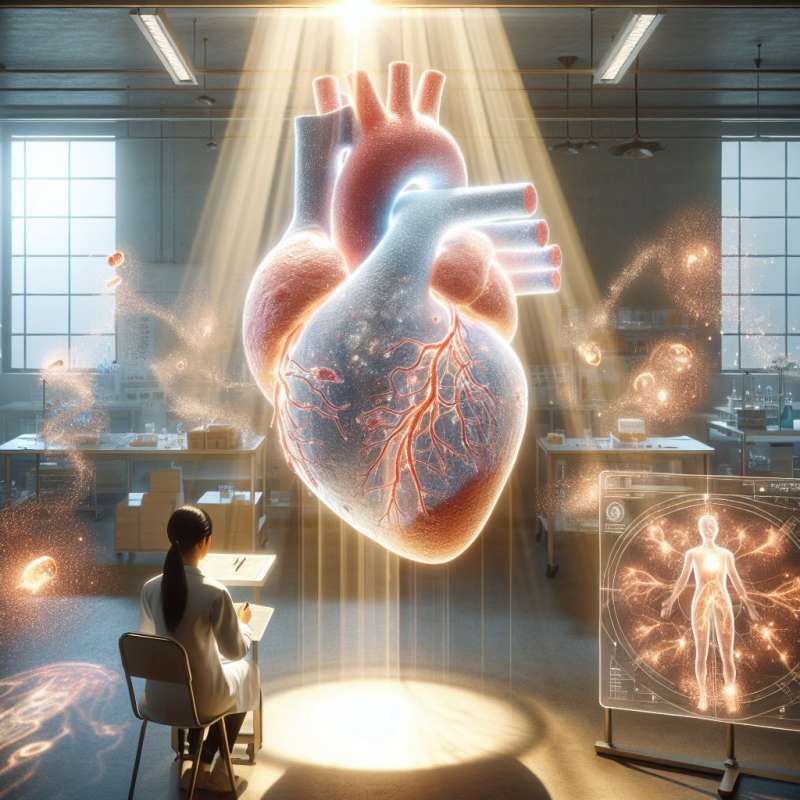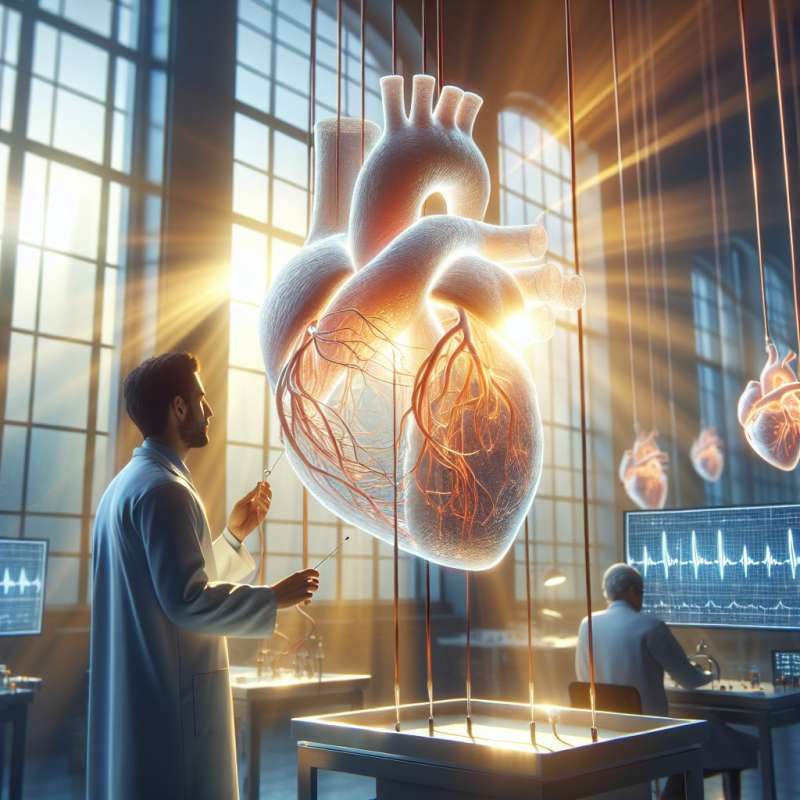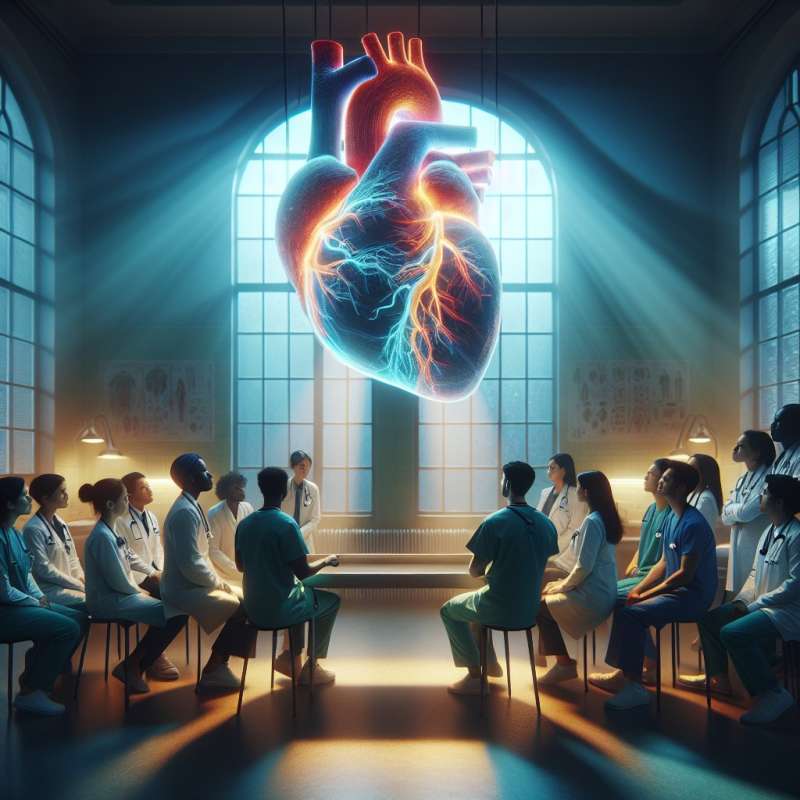
Heart: Beyond a Pump
The human heart is often simplified as a pump. However, it's a complex organ that also produces hormones, like atrial natriuretic peptide, which helps regulate blood pressure.
Self-Regulating Electrical System
The heart's electrical system is intrinsic. It can beat independently from the brain due to its own cells generating electrical impulses, evidenced by continued beating outside the body.
Unique Cardiac Cells
Cardiomyocytes are the heart's muscle cells, unique for their intercalated disks that ensure synchronized contractions. Unlike most cells, they can contract without nervous system input.
Heart Regeneration Potential
Unlike many organs, the heart has limited regenerative capacity. Recent studies, however, suggest neonatal hearts can regenerate after injury, a finding that may inform future treatments.
Unheard Heart Sounds
Beyond 'lub-dub', there are four heart sounds. The third and fourth are usually inaudible without sensitive equipment and can indicate abnormal cardiac function when detected.
Heart's Immune Power
The heart isn't just a muscle; it has its own immune cells. These resident macrophages help with tissue repair and modulating inflammation, crucial for heart health.
Coronary Artery Anomalies
Coronary artery anomalies are rare but can be fatal, with variations in their origin and structure. They're often undiscovered until a cardiac event occurs.
What does the heart produce?
Only blood cells
Hormones like atrial peptide
Just muscular contractions
Company